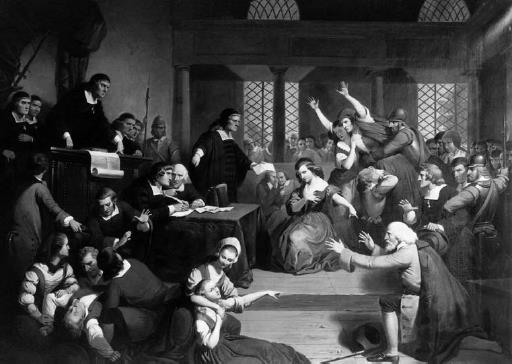Law and Famous TrialsRoman Law |
What is common law? |
It is the system of justice that prevails in Great Britain and the United States (except Louisiana), where the precedents (past decisions) of the courts are used as the basis of the legal system. It is sometimes referred to as customary law since justices consider prevailing practices (customs) in order to arrive at their decisions. In the U.S., Louisiana is the only state where judges do not rely on precedent or custom to decide private cases—they rely on civil law, the letter of the code, and are free to disregard the decisions of similar cases. (In all other states, the precedents must be considered.) The exception of Louisiana to the prevailing system of common law is explained by its unique history—it was long a French holding and that influence is still felt.
In many countries, the justice system is a combination of the civil law handed down by the Romans under Justinian and the common law formulated in England. Private cases (often and confusingly called civil cases) are largely the realm of civil law (in other words, the statutes prevail); whereas criminal cases (in which crimes have been committed against society) are the realm of common law (i.e., decisions are based on precedent).

